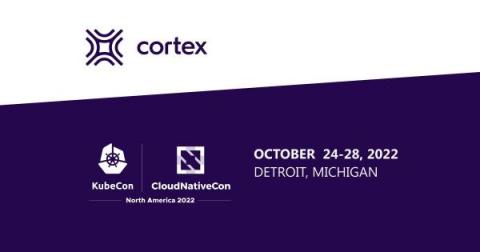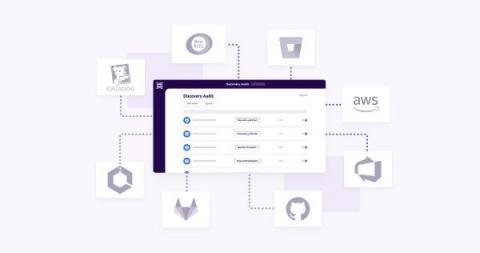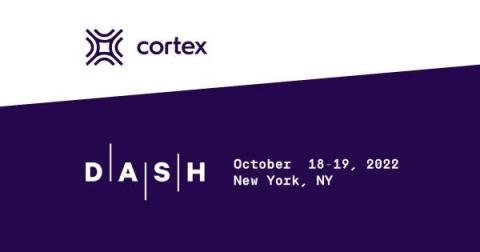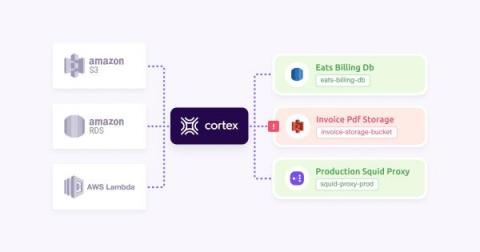Operations | Monitoring | ITSM | DevOps | Cloud
Cortex
Documenting your APIs with developer API portals
Developers need all the information they can get on APIs to get them to work in alignment with their vision. There is no dearth of knowledge in the software development industry today, but only when that knowledge is documented well is it of use to others. In the context of APIs, developer portals offer an effective way to document and communicate relevant information. In this article, we answer the following questions about developer API portals.
A step-by-step guide to successfully migrating to the cloud
If you have decided to move your infrastructure and workloads to the cloud, you know that there is no one-click shortcut for carrying out the migration process. There are multiple factors and particularities of your infrastructure to consider when planning and subsequently taking the necessary steps for cloud adoption.
How Cortex can help you get the most out of Kubernetes
KubeCon + CloudNativeCon North America 2022 kicks off next week (October 24-28 in Detroit), so we’ve been thinking a lot about how service catalogs can help you get the most out of your Kubernetes clusters!
SRE Fundamentals: Everything you need to know
Google has had an outsized impact on the world, from its unrivaled search engine to its expansion into a range of customer-focused services. It would be difficult to make an impact of this magnitude without also leading the way in the software development industry. One of its biggest contributions to the community is a set of principles known as site reliability engineering or SRE.
Building confidence with Cortex Discovery Audit
A microservices catalog is only useful if you are confident that anything stored in it is fully accurate and that the information will not become outdated. How can you be certain that your catalog stays up-to-date in the future? Should you look for an asset in the catalog and, despite finding it there, also double-check GitHub? The service catalog is supposed to be your single source of truth. The purpose is defeated if you have to look for what you need in multiple different places.
Best practices for performing code reviews
The process of writing code resembles the practice of normal writing - your first draft isn’t the final one. The code you write has to undergo testing, debugging, and reviews before it can be integrated into the final product and shipped off to users. Without these checks, the code would be filled with bugs and errors that may prevent it from functioning properly or cause security flare-ups.
How Cortex can help you get the most out of Datadog
With Datadog’s Dash conference right around the corner, we at Cortex have been thinking a lot about best practices for observability. To get the most out of an application performance monitoring (APM) vendor like Datadog, you want to make sure monitoring and observability are built into launch and production readiness checklists.
DevOps vs. SRE: What's the Difference?
Despite there being significant differences in the roles, DevOps and Site Reliability Engineering are often lumped together because many people assume they do similar work. Although both attempt to reduce the issues arising from software development processes, their goals, skill sets, and approaches are actually quite different. DevOps engineers focus on the development pipeline, and their goal is to enable better development processes and workflows.
Scorecards for Resources
Cortex’s Resource Catalog allows engineers to track all of their infrastructure components — from databases to Kafta topics — in a single place. The Resource Catalog demystifies infrastructure, giving developers clear insights into exactly how their service architecture works. Using the Resource Catalog, it’s easy to find information about which infrastructure assets are running and how all the distinct components connect.











